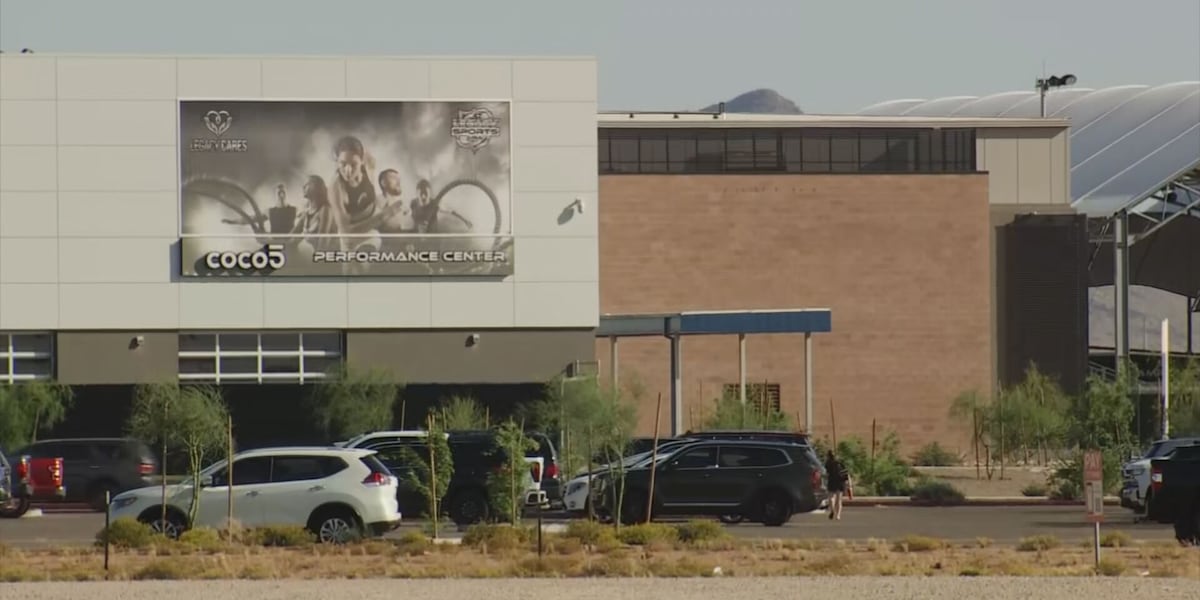
The Legacy Park Deception: How a Father-Son Duo Allegedly Orchestrated a $280 Million Fraud
The allure of high-yield investments, particularly those promising community development and social impact, can be irresistible. Unfortunately, this allure is often exploited by those seeking to enrich themselves through deception. A recent indictment shines a harsh light on one such scheme, highlighting the devastating consequences of financial fraud on a massive scale.
At the heart of this case is a father and son team, who allegedly masterminded a complex fraud that defrauded investors out of over $280 million. Their target? Legacy Park, a planned major sports complex in Mesa, Arizona, envisioned as a beacon of community growth and athletic excellence. The promise of substantial returns and the perceived security of municipal bonds lured numerous individuals into investing in what turned out to be a meticulously crafted illusion.
The alleged fraud centered on the sale of counterfeit municipal bonds. Instead of legitimate securities backed by the city or a government entity, investors unknowingly purchased fabricated documents promising high returns. These fake bonds, meticulously designed to mimic the appearance of authentic instruments, were presented as a secure investment opportunity, perfect for individuals seeking a blend of financial gain and social responsibility. The presentation likely emphasized the positive community impact of the Legacy Park project, further enhancing its appeal and obscuring the fraudulent nature of the underlying investment.
The perpetrators, leveraging their established relationships and reputations, likely cultivated trust among potential investors. They may have used sophisticated marketing materials, showcasing impressive architectural renderings of the sports complex and detailing projected economic benefits for the region. This created a convincing narrative, effectively masking the fraudulent activity at its core. The sophisticated nature of the scheme suggests a level of planning and execution indicative of a long-term operation, not a spur-of-the-moment opportunistic endeavor.
The scale of the alleged fraud, exceeding $280 million, indicates a significant number of victims. Many investors likely believed they were contributing to a legitimate community project while simultaneously securing a substantial return on their investment. The betrayal of trust is a devastating consequence, leaving investors facing not only significant financial losses but also profound emotional distress.
The indictment underscores the critical importance of due diligence and independent verification when considering high-yield investment opportunities. Investors should be wary of overly optimistic projections, particularly when dealing with unfamiliar entities or complex financial instruments. Seeking professional advice from independent financial advisors is paramount before committing substantial capital.
The ongoing investigation and legal proceedings will hopefully shed further light on the details of the scheme, exposing the methods used to deceive investors and bringing those responsible to justice. This case serves as a stark reminder of the pervasive nature of financial fraud and the necessity of vigilance in protecting oneself from such predatory activities. The repercussions of this alleged deception extend far beyond the financial losses suffered by individual investors; it represents a profound breach of public trust, undermining faith in legitimate investment opportunities and community development projects. The outcome of this case will undoubtedly influence future investment practices and regulatory oversight.



Leave a Reply